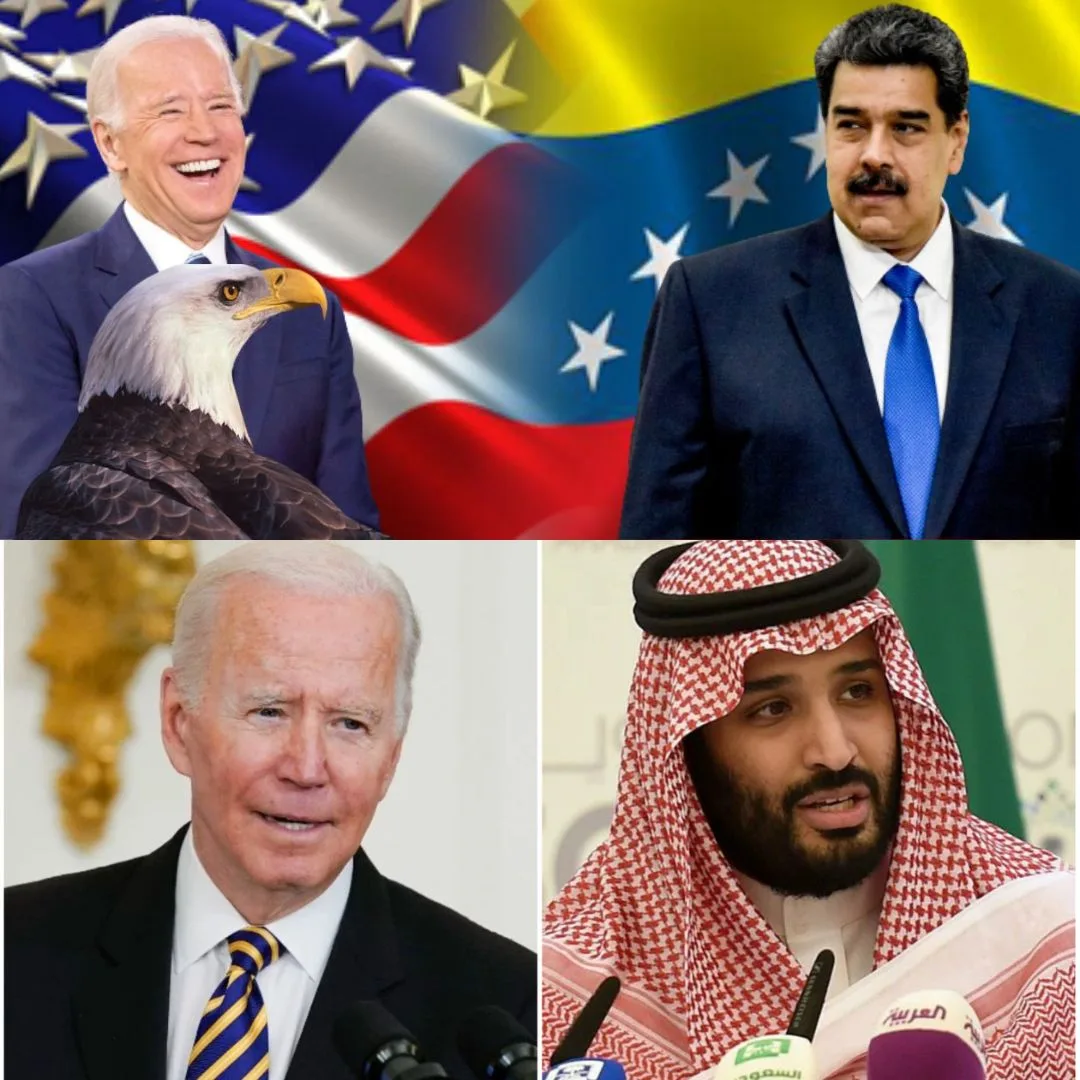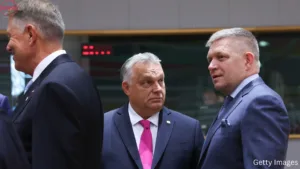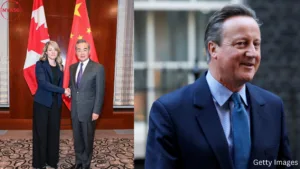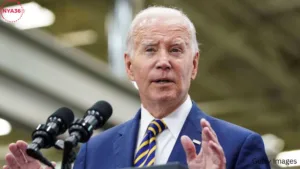As the United States, Israel, Saudi Arabia, and Russia engage in acts and language that might have far-reaching effects, the international geopolitical environment is fraught with tension and significant events.
Russia’s Ominous Warning: Russia has sent a subdued but foreboding message to the West, implying that any attempt to push NATO’s expansion closer to its borders may result in “unthinkable” outcomes. This declaration emphasizes Russia’s will to protect its perceived area of influence and its vehement resistance to NATO’s intrusion.
Middle East Tensions: Saudi Arabia has sent Israel a harsh warning, denouncing the most recent Israeli airstrikes in Lebanon as “blatant aggression.” The scathing criticism highlights the continued unrest in the Middle East, as major regional players like Saudi Arabia have voiced their worries about Israeli operations.
US, Saudi & Venezuela Oil Deal.
U.S.-Venezuela Oil transaction: The United States and Venezuela, a nation that has recently seen severe economic sanctions and diplomatic tensions, have made the unexpected decision to enter into an oil transaction. This deal may have a number of effects, including as improved economies for both countries and possible changes to US foreign policy.
Russia’s Assertive Stance: Russia has taken a firm stand to defend its interests and keep a significant amount of influence in Eastern Europe, as seen by its warning about NATO expansion. The phrase “unthinkable” implies that Russia is ready to respond forcefully to any perceived threats to its security.
Middle East instability: The continuous hostilities and instability in the Middle East are reflected in Saudi Arabia’s denunciation of Israeli bombings in Lebanon. Saudi Arabia and other regional nations are still heavily active in the security and diplomatic facets of the region.
Diplomacy between the United States and Venezuela: The oil deal between the two countries illustrates a change in ties. This deal indicates a desire to engage in productive diplomacy despite years of strained relations, which could improve both countries’ economic prospects.
More General Implications: These changes have more general effects on security and international affairs. The warning from Russia to NATO members may have an impact on the group’s future decisions about enlargement. The tensions in the Middle East could make efforts to bring about regional stability even more difficult. The oil deal between the United States and Venezuela raises concerns about the US stance on diplomacy and sanctions.
Changing Geopolitical Environment: A complex web of relationships and conflicting interests characterize the changing geopolitical environment. Countries are taking calculated risks in order to safeguard their interests, build relationships with erstwhile rivals, and demonstrate their power globally.
Challenges in Diplomacy and Security: World leaders face serious challenges in diplomacy and security as a result of these changes. The effective management of these tensions and the promotion of peaceful outcomes will call for diplomatic skills, a thorough comprehension of regional dynamics, and a dedication to communication and collaboration.
Significant actors with the capacity to have far-reaching effects include the United States, Israel, Saudi Arabia, Russia, and others.
Saudi Arabia Takes Diplomatic Stance
Russia’s Aggressive activities: Concerns have been aroused by Russia’s recent global stage activities and rhetoric. International stability is threatened by its aggressive actions and threats, especially in Europe and its surrounding areas.
Saudi Arabia’s Diplomatic Position: Saudi Arabia has taken an active diplomatic stance towards a number of nations, responding to Israel and settling disputes in the area. The positions of the kingdom can affect the dynamics in the Middle East.
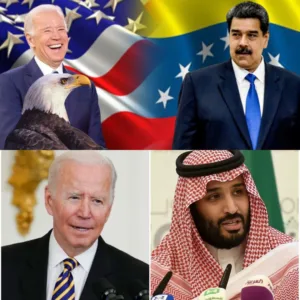
The policies and actions of Israel: Tensions with Palestinian factions have increased as a result of Israel’s military measures, which include a ground invasion of Gaza. This affects not just the stability of the area but also its ties to important allies like the United States.
US Military Actions and Diplomacy: The US is a major player in world geopolitics. The international scene is greatly impacted by its actions, which include backing Israel and getting involved in crises like the one in Ukraine.
All things considered, the way these countries interact through their language and actions has produced a complicated web of geopolitical issues. Their choices and relationships may have long-term repercussions for stability, diplomacy, and security in the region and beyond the world. The world is keeping a careful eye on these changes as they happen.
In conclusion, three significant developments in the global arena are the U.S.-Venezuela oil deal, Saudi Arabia’s denunciation of Israeli acts, and Russia’s caution against NATO expansion. They are a reflection of how complicated modern geopolitics is, with countries attempting to safeguard their interests while negotiating complex connections. These events highlight the necessity for skillful diplomatic and security measures to manage and resolve crises, with far-reaching repercussions for regional and global stability.
Follow us on social media: Instagram, Threads & Twitter X @nya360_ YouTube & Facebook @nya360.

